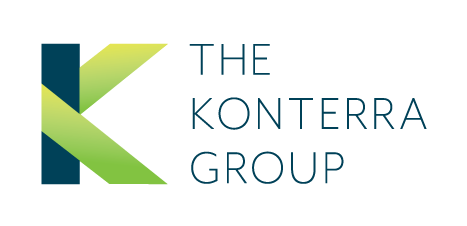Get in Touch
700 12th Street NW
Suite 700
Washington, DC 20005
Caring for oneself is important, especially when working in high-risk environments.
It’s especially important if you’re a manager.
Mangers not only deal with their own workplace pressures. They necessarily feel responsible for others, and even take on some of the stresses and anxieties of their staff. Knowing your staff and empathy are key elements of effective leadership.
But what makes a manager a good leader can also bring liabilities. A manger’s high level of stress and the behaviors that can accompany it can ripple across teams and organizations. The result can be diminished organizational performance and can add to the stress level of others a manager supervises.
Which is why it’s important that managers care for themselves in a way that builds resilience, enhances performance and provides a good example to others.
Like all staff, managers need to tend to their own self care . That means having good boundaries around work and its demands, time with close friends and family and regular activities to ensure good health.
It also means a more deliberate cultivation of practices to deal with the inevitable stress and negative emotions that can show up at work.
The following are three self care steps managers can take to help build resilience:
Identifying red flags is easier said than done. It requires heightened self-awareness and paying attention. It is also important to push the ‘pause button’ when you notice your own problematic behaviors.
Everyone’s self calming practices are different. Common techniques include deep breathing, taking a break, progressive muscle relaxation, a short meditation, engaging in an entirely different activity, going for a walk and others. The key is to possess reliable techniques to break an automatic stress response identified by a red flag.
The same is true of emotional resilience. Using calming practices on a regular basis can help prevent an accumulation of high levels of stress. And when they do emerge, regular calming practices can help lessen their intensity and duration.
In that sense, preventive calming practices are an investment. They pay dividends in a more controlled, steady and focused state of mind. This, in turn, leads to more effective leadership and performance.
Manager self care isn’t a feel good method to encourage smoother interpersonal relationships. Given its direct relationship to performance, it’s as important as any other skill in which a manager and their organization can invest. Especially in a time of unpredictability and transition, targeted investments that enhance performance are more important than ever.

700 12th Street NW
Suite 700
Washington, DC 20005
